MBA vs MMS: Which Valuable Management Degree Is Right for You?
Table of Contents

- jaro education
- 13, December 2024
- 4:00 pm
When considering higher education in business, two options often stand out: MBA vs MMS. Both offer pathways to leadership and management careers, but each has its distinct qualities. Choosing the right path is like deciding between a wide-ranging toolkit and a specialized one. Do you want a program that gives you a broad understanding of various business functions, or do you prefer a more focused approach to core management skills? While the MBA vs MMS debate has its share of nuances, understanding the key differences can help you make a more informed decision. Let’s break down the specifics to uncover which program will best suit your goals and future aspirations. Keep reading to explore all the important details in the ultimate MBA vs MMS comparison!
1. Course Focus: A Broad or Specific Approach?
When it comes to the MBA vs MMS debate, the course focus is one of the most crucial differentiators. The MBA program offers a wider, diversified curriculum with a variety of specializations, making it perfect for those looking to gain knowledge across multiple business domains. In contrast, the MMS program focuses on core management skills, often suited for those aiming to take leadership roles within specific industries.
| MBA | MMS |
|---|---|
| Broad curriculum with disciplines like finance, marketing, operations, HR, strategy, etc. | More focused on core management principles like leadership, organizational behavior, and entrepreneurship. |
| Offers specializations in areas like finance, entrepreneurship, international business, and digital marketing. | Limited or no specializations, focusing on the essentials of management. |
| Suitable for professionals seeking flexibility across different industries. | Best for those who want leadership roles within a specific sector. |
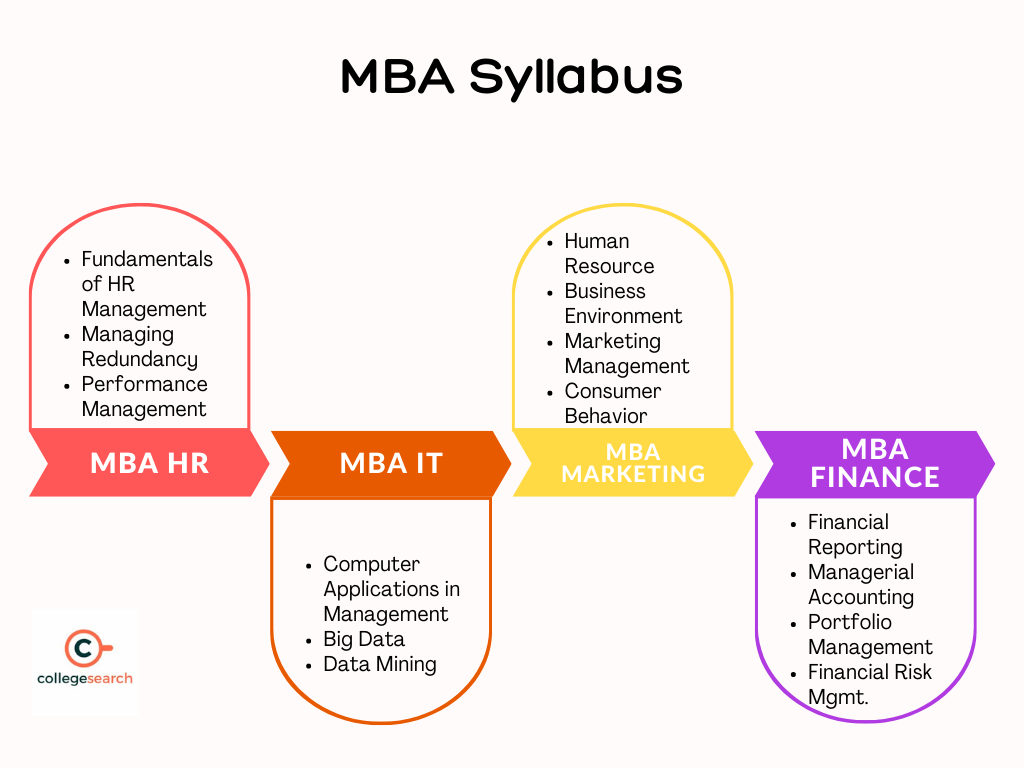
*CollegeSearch
2. Program Length and Structure: Flexibility vs Standardization
In the MBA vs MMS comparison, program length and structure are key factors. MBA programs are known for their flexibility, offering full-time, part-time, and accelerated formats. On the other hand, MMS is typically more rigid with a fixed two-year curriculum, offering less flexibility for working professionals.
| MBA | MMS |
|---|---|
| Typically lasts for two years, with one-year accelerated programs available. | Generally a two-year program with a set structure. |
| Offers full-time, part-time, and executive formats, ideal for working professionals. | Fewer flexible learning options, usually more structured and traditional. |
| Offers opportunities for electives and specializations. | Curriculum is more rigid with limited flexibility. |
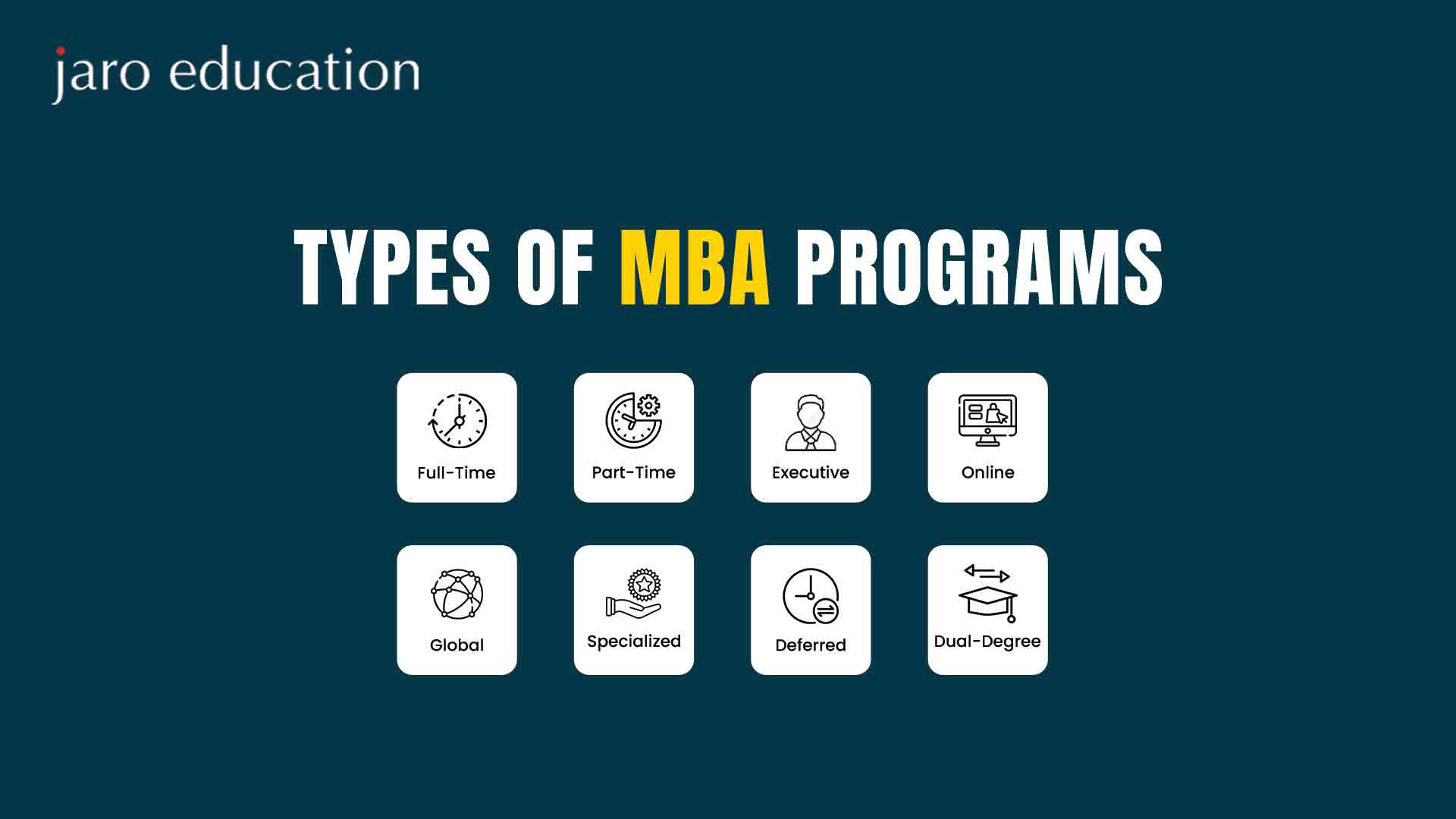
3. Global Recognition: International Prestige
If you’re considering international opportunities, the MBA vs MMS salary debate often comes down to global recognition. MBA programs from top institutions are globally recognized and highly valued by employers worldwide. Meanwhile, MMS programs tend to have a more regional focus, especially within India, making them less likely to have the same international reach as an MBA.
| MBA | MMS |
|---|---|
| Widely recognized globally, especially from prestigious institutions. | More regionally focused, primarily recognized in India and South Asia. |
| Opens doors to leadership roles in multinational corporations with high earning potential. | Offers regional leadership opportunities, particularly in India. |
| International alumni networks and exposure to global markets. | Limited global exposure or alumni networks. |

*AACRAO
4. Curriculum Design: Depth vs Breadth
In terms of curriculum design, the MBA vs MMS comparison highlights the balance between breadth and depth. MBA programs often include a wider array of subjects, case studies, and real-world applications. MMS, however, tends to have a more focused curriculum on core management principles, with fewer opportunities for specialized learning.
| MBA | MMS |
|---|---|
| Includes core courses and electives covering a wide variety of business domains. | Focuses on fundamental management principles with fewer electives. |
| Case studies, consulting projects, and global immersion are integral parts of the curriculum. | Fewer immersive learning experiences or case studies. |
| Suitable for students aiming to gain a broad skillset for different business functions. | Best suited for those seeking deep, foundational knowledge in management. |
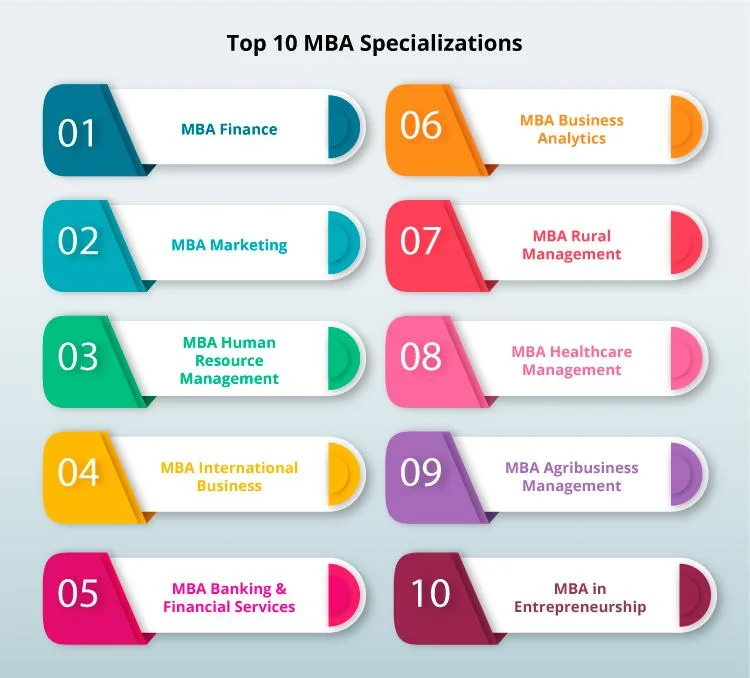
*ksm.edu.in
5. Admission Requirements: Competitive vs Accessible
Admission requirements are another aspect where MBA vs MMS varies. MBA programs typically demand significant work experience, particularly at top-tier schools, while MMS programs often do not require prior professional experience, making them more accessible to fresh graduates.
| MBA | MMS |
|---|---|
| Requires a bachelor's degree and work experience, especially for top schools. | Primarily based on academic performance and entrance exams, no work experience needed. |
| Entrance exams often include GMAT, GRE, or institutional exams, along with essays and interviews. | Generally requires entrance exams like CAT, MAT, or institutional tests. |
| Highly competitive with a rigorous selection process. | More accessible with less stringent admission criteria. |

*StudyDesire
6. Career Opportunities: Broader vs Focused
The MBA vs MMS comparison in terms of career opportunities often boils down to the scale and scope of roles available post-graduation. MBA graduates typically have access to a wider range of career options, often in leadership roles across industries globally, while MMS graduates tend to focus on managerial roles, typically in specific sectors or regions.
| MBA | MMS |
|---|---|
| Opens doors to diverse leadership positions across multiple industries worldwide. | Primarily leads to managerial roles within regional companies or industries. |
| Often leads to top executive positions such as CEO, CFO, or CMO. | Primarily operational and managerial roles within organizations. |
| Networking opportunities provide access to global job markets. | More regionally focused career opportunities. |
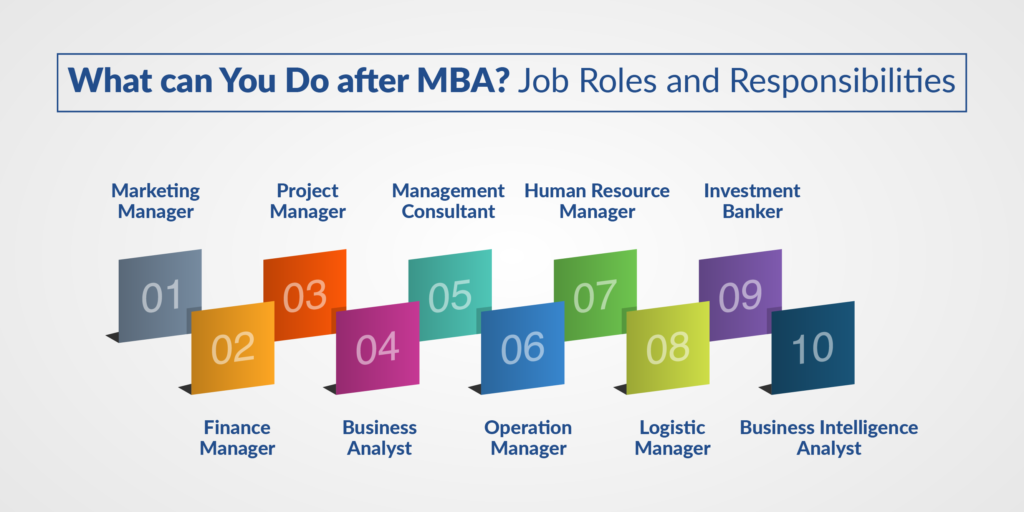
*HikeEducation
7. Cost and ROI: Higher Investment vs Affordability
When considering the MBA vs MMS comparison in terms of cost, online MBA fees are often higher, particularly at prestigious universities. However, the return on investment (ROI) on the online MBA fees is often higher, with better job placement and MBA vs MMS salary potential. MMS programs are more affordable, but the ROI may be lower, given the regional focus and narrower career opportunities.
| MBA | MMS |
|---|---|
| High tuition fees, especially at top-tier schools. | More affordable, with lower tuition fees. |
| High ROI with networking, placement support, and high-paying job opportunities. | ROI varies but is generally lower due to more regional job opportunities. |
| Justified by global career opportunities and faster career progression. | More suitable for those looking for regional opportunities at a lower cost. |
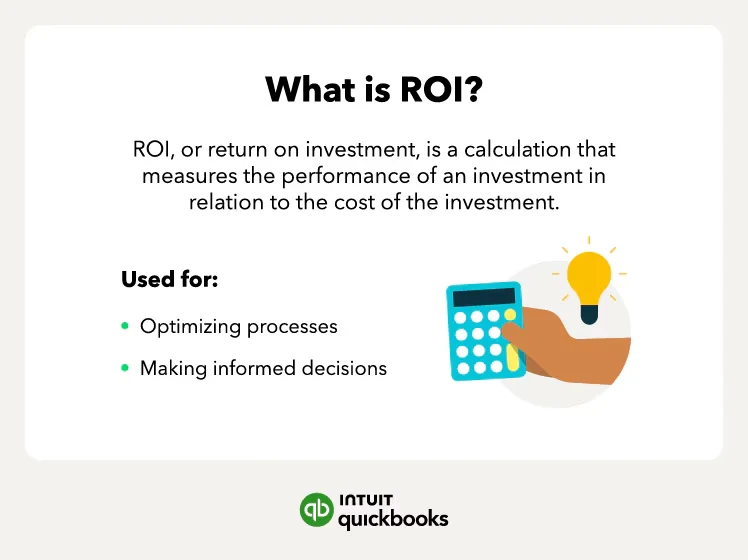
8. Popularity and Prestige: Global vs Regional Recognition
In terms of popularity and prestige, MBA holds the edge globally. MMS is highly regarded in India but is not as widely recognized outside of South Asia, making it a less prestigious option on the international stage.
| MBA | MMS |
|---|---|
| Globally respected, especially from top institutions. | More regionally respected, particularly within India. |
| Recognized across industries worldwide for leadership and expertise. | Primarily respected in India, with fewer international opportunities. |
| Graduates often find success in multinational corporations and consulting firms. | Career progression typically focused on regional organizations. |
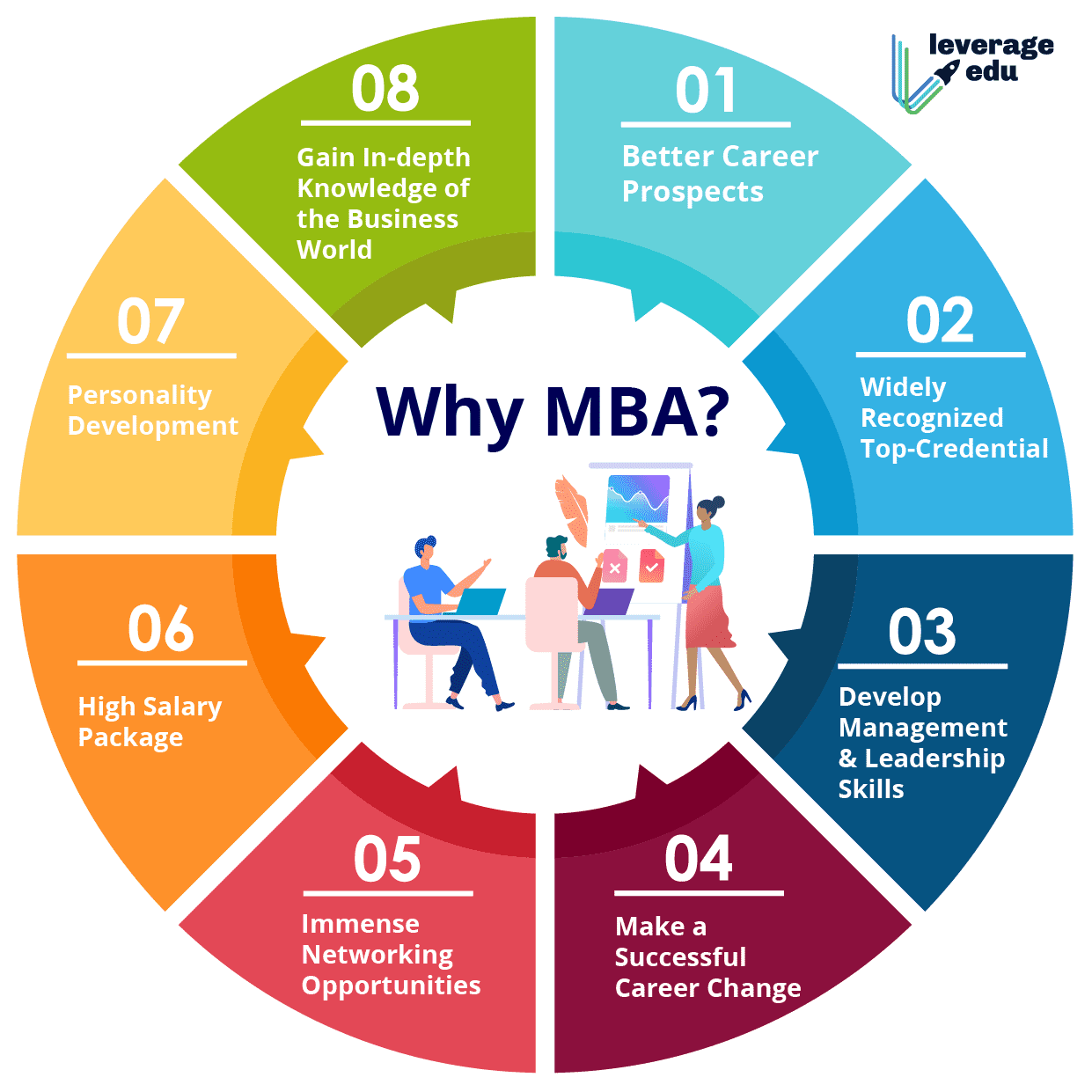
9. Flexibility and Online Options: Modern Learning Formats
In today’s digital age, the MBA vs MMS debate also includes the flexibility of learning options. MBA programs, especially online ones, allow students to balance work and study, while MMS programs typically offer fewer online or hybrid options.
| MBA | MMS |
|---|---|
| Many online MBA programs, such as those offered by Symbiosis School for Online and Digital Learning (SSODL), provide flexible formats ideal for working professionals. | Limited availability of online or hybrid programs. |
| SSODL’s online MBA combines flexibility with a comprehensive curriculum, focusing on digital transformation and business innovation. | MMS programs generally follow a more rigid format, with fewer opportunities for remote learning. |
| Flexibility to study at your own pace while continuing full-time work. | Typically requires full-time commitment, with less emphasis on flexibility. |

*Buzzle.com
Conclusion: MBA vs MMS – Which One Should You Choose?
Choosing between an MBA vs MMS ultimately comes down to your career aspirations, personal preferences, and financial situation. If you’re looking for global recognition, diverse career options, and the ability to specialize in multiple business domains, an MBA is the right fit for you. However, if you’re more focused on mastering core management principles in a regionally focused setting, the MMS program may suit you better.
For those seeking the flexibility of online learning, Symbiosis School for Online and Digital Learning (SSODL) offers an exceptional Online MBA that allows you to pursue a global business education while balancing work and life. The SSODL Online MBA combines cutting-edge digital transformation concepts with a practical curriculum, making it perfect for professionals who want to enhance their leadership skills and adapt to the future of business.
Made a decision yet about the MBA vs MMS debate? Follow it through, then!
Frequently Asked Questions
- The question of whether an MBA vs MMS is better depends on several factors, including career goals, personal preferences, and industry requirements. In general, an MBA is often considered more prestigious and versatile, especially when looking at global opportunities. MBA programs typically offer a wider range of specializations and have more global recognition, which can open doors to leadership roles in multinational corporations. On the other hand, MMS programs are excellent for students looking for a more regionally focused education, typically offering a solid foundation in management principles, but without the international recognition that an MBA provides.
- When considering MBA vs MMS, the MBA might be the better choice if you’re aiming for a high-paying job at a global firm or seeking the flexibility of multiple business specializations. Conversely, if your focus is on deepening your understanding of core management principles within a regional context, MMS could be the right fit.
- An MMS degree can be a good choice for students who are focused on core management skills and are aiming for leadership roles within a specific region, especially in India. The MMS program is ideal for fresh graduates who want to jump into managerial roles in industries like finance, marketing, or operations. The degree is also relatively more affordable compared to an MBA, making it an attractive option for those with budget constraints.
- However, when comparing MBA vs MMS, an MBA typically provides more comprehensive networking opportunities, specializations, and global recognition. While MMS can offer solid career growth in specific regions, it might not have the same global prestige as an MBA.
- The debate between a Master’s degree and an MBA usually centers on the differences in focus. A Master’s degree, such as a Master of Science in Finance or Economics, or more commonly a Master of Management Studies (MMS) is more specialized and deep in a particular area, while an MBA provides a broader business education with specializations.
- When comparing MBA vs MMS, an MBA is often the better choice for those looking to work in general management roles, as it equips graduates with a wide skill set. A Master of Management Studies may be more appropriate for those who want deep expertise in a specific field, but it doesn’t offer the same versatility as an MBA.
- The decision between MMS and PGDM often comes down to personal goals and the type of institution offering the program. MMS is generally a degree offered by universities, whereas PGDM (Post Graduate Diploma in Management) is typically offered by business schools and is often viewed as equivalent to an MBA.
- When it comes to MBA vs MMS, the PGDM tends to have more practical applications and flexibility, which makes it a popular choice among business school aspirants. On the other hand, MMS is often more theoretical and focused on the fundamentals of management, which may be more suitable for those looking for a strong academic foundation.
- However, both qualifications can lead to excellent career opportunities. The key difference is that PGDM programs tend to be more industry-focused, while MMS programs are generally more academic. If you’re torn between MMS vs PGDM, it’s important to consider your career objectives and the reputation of the institution offering the program.








